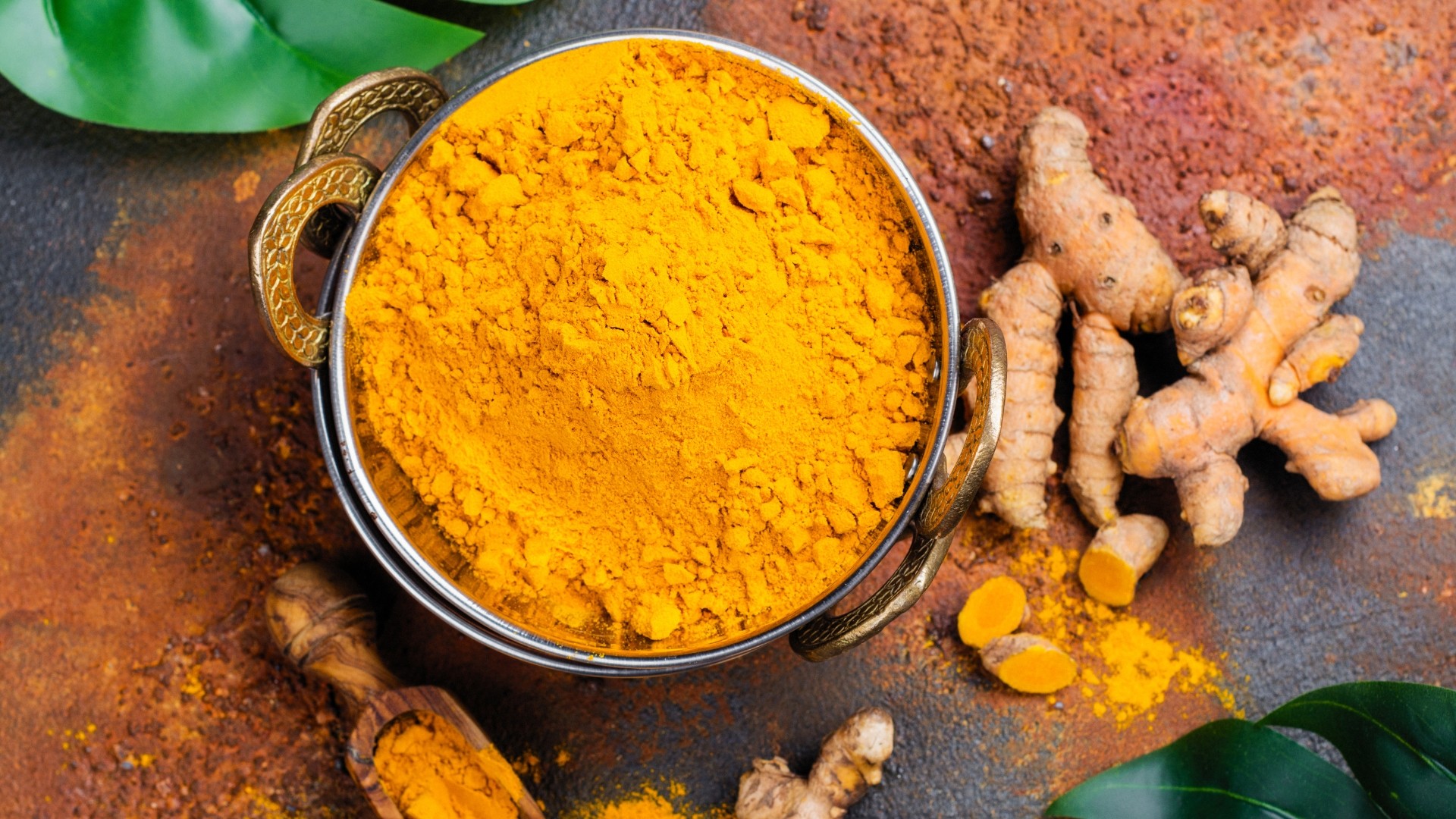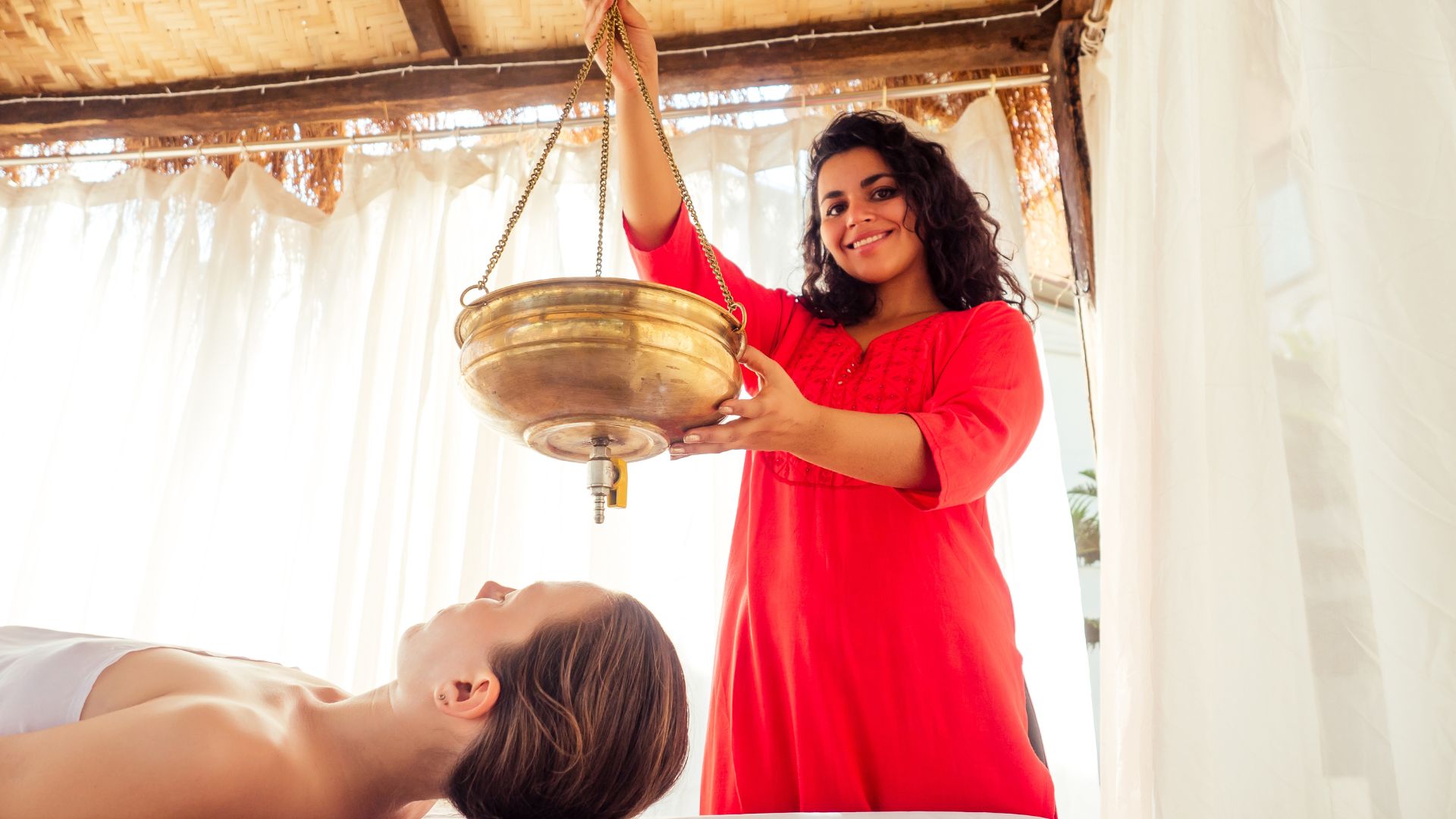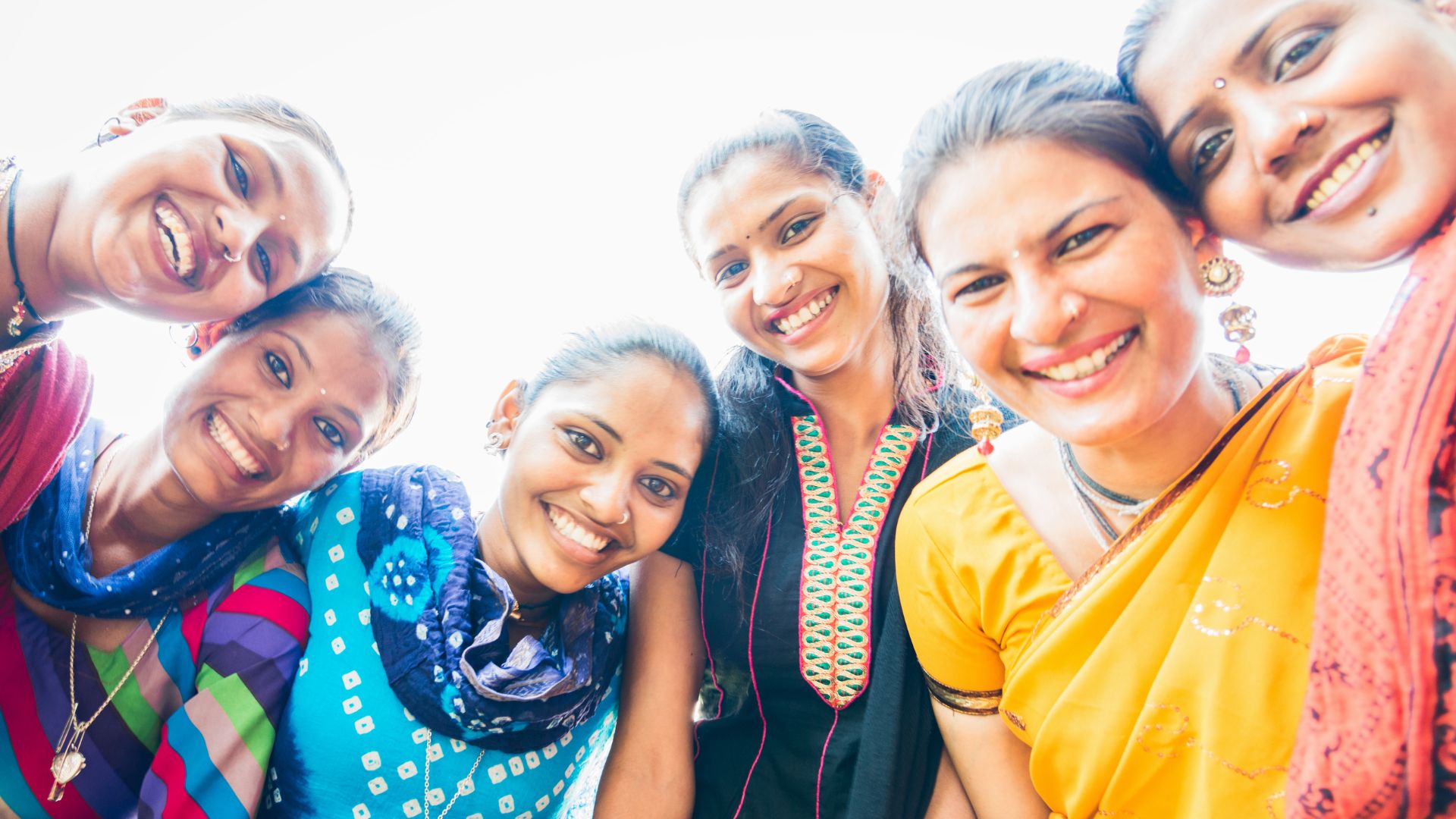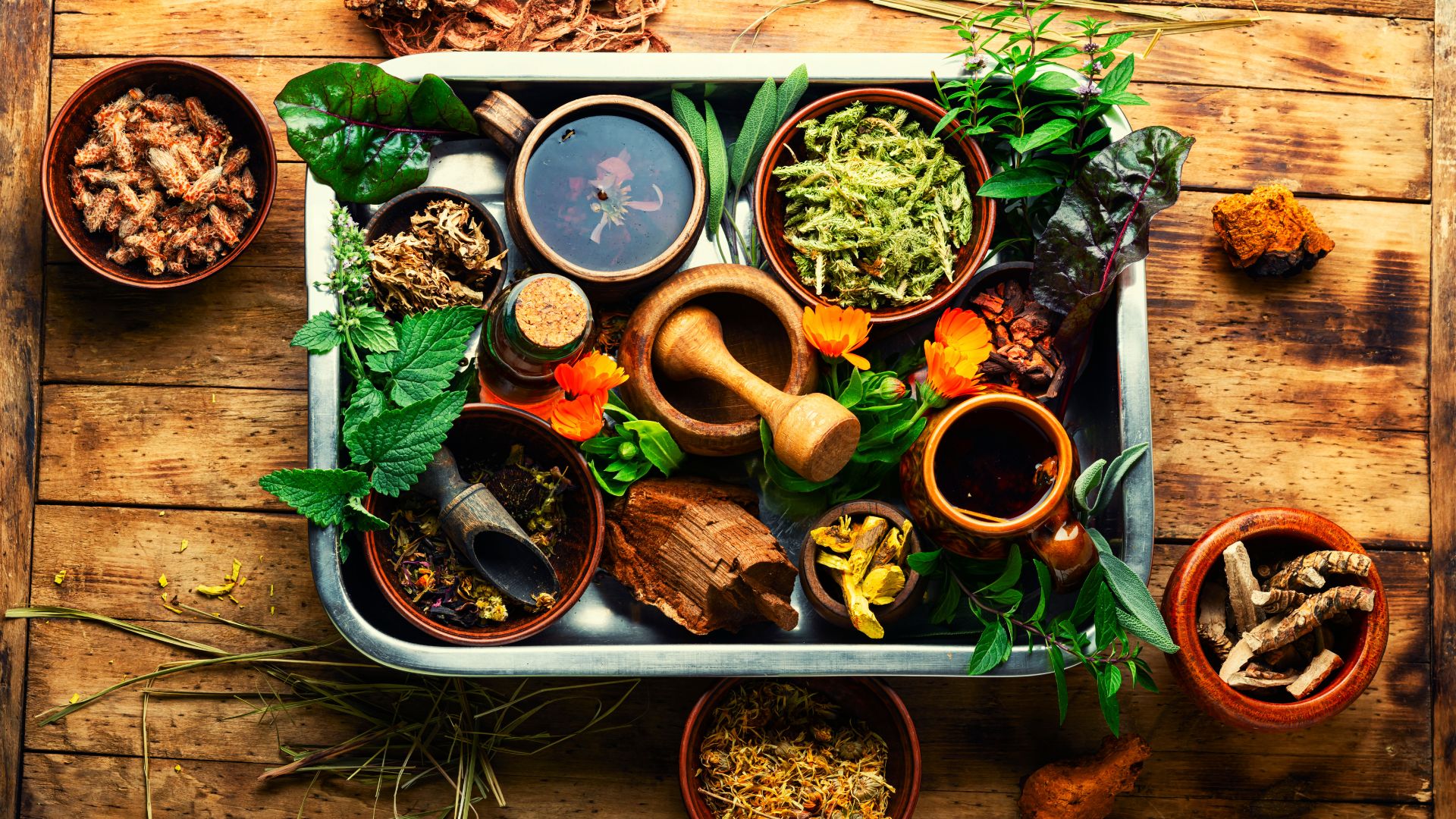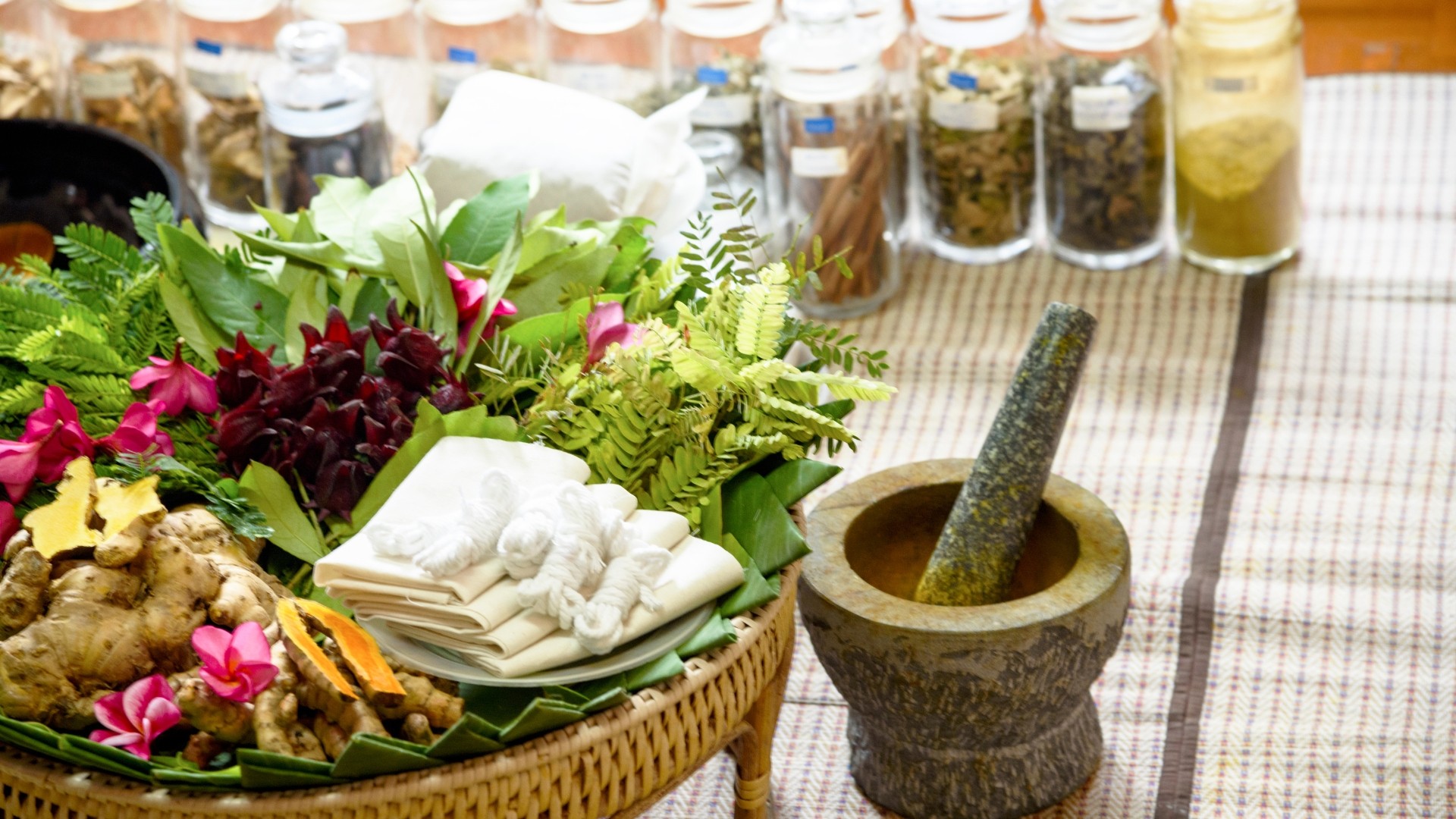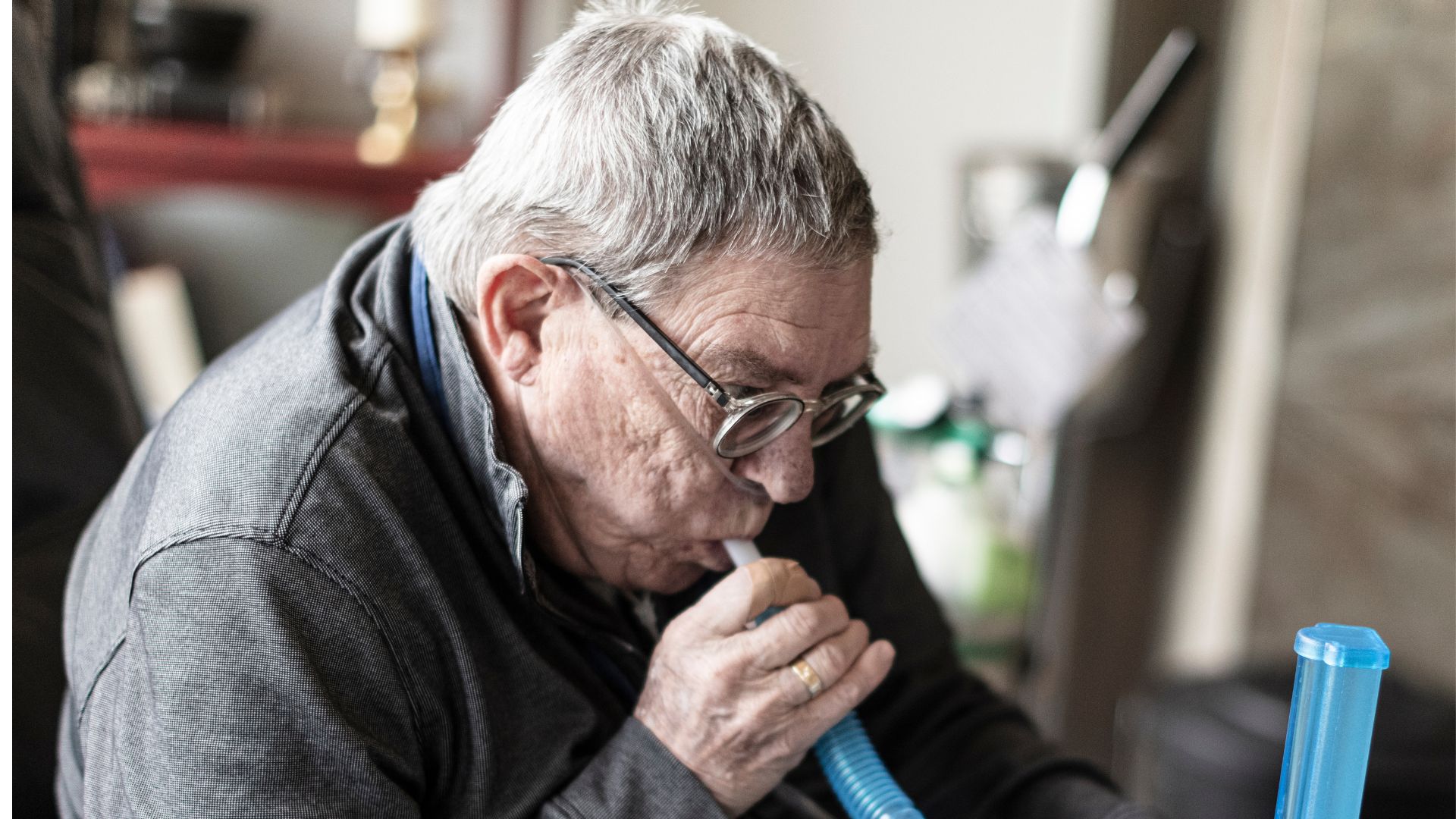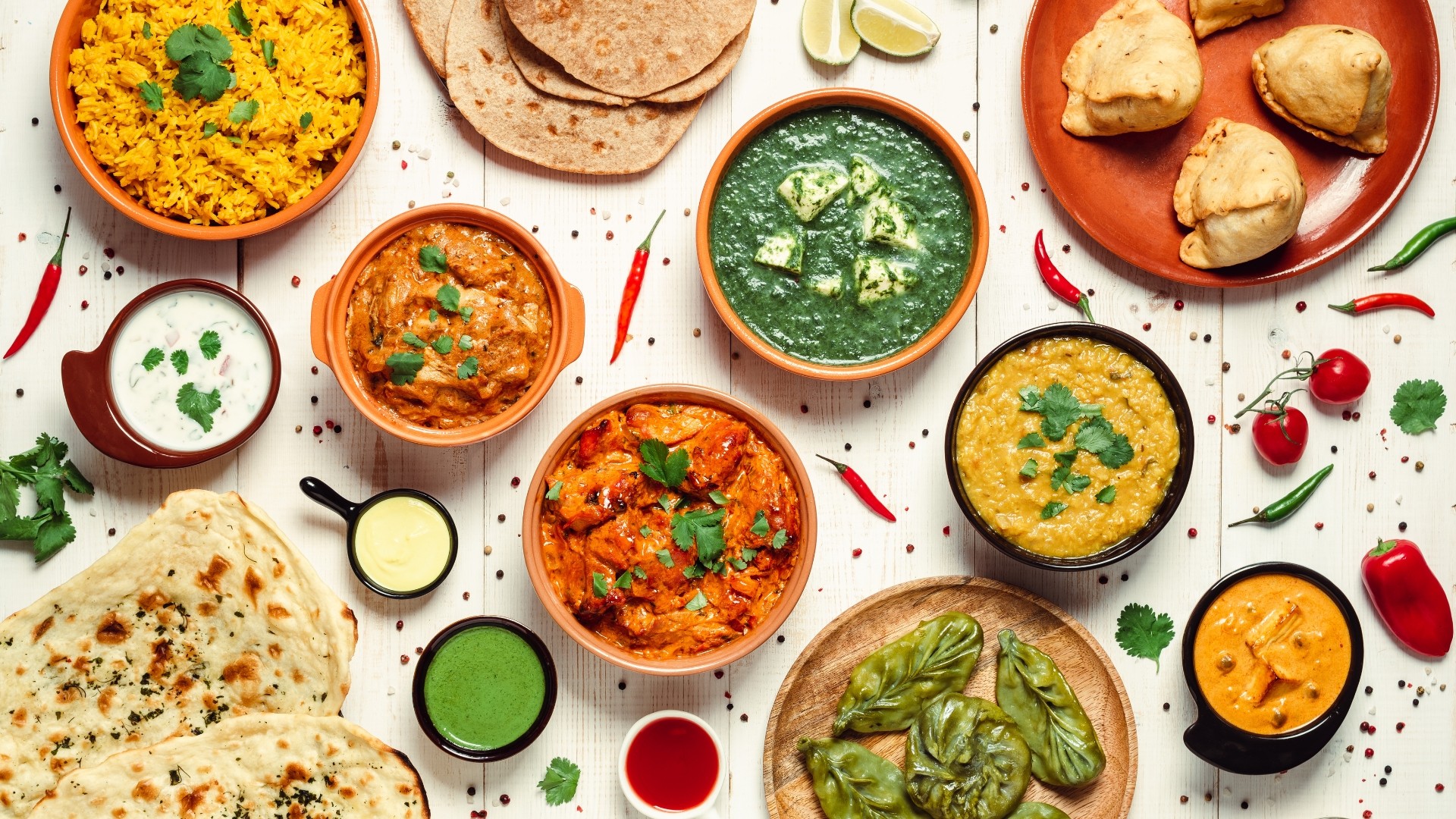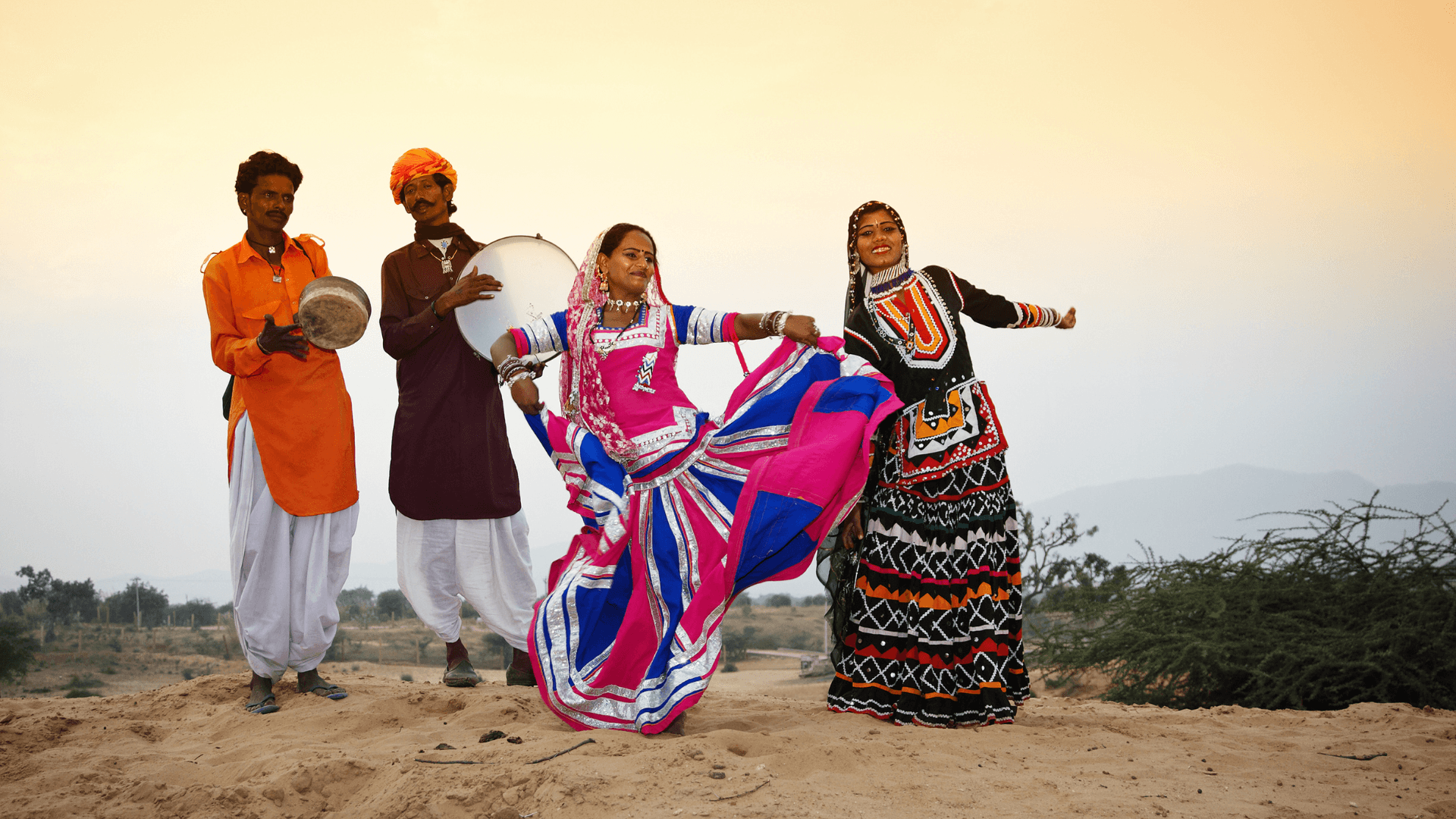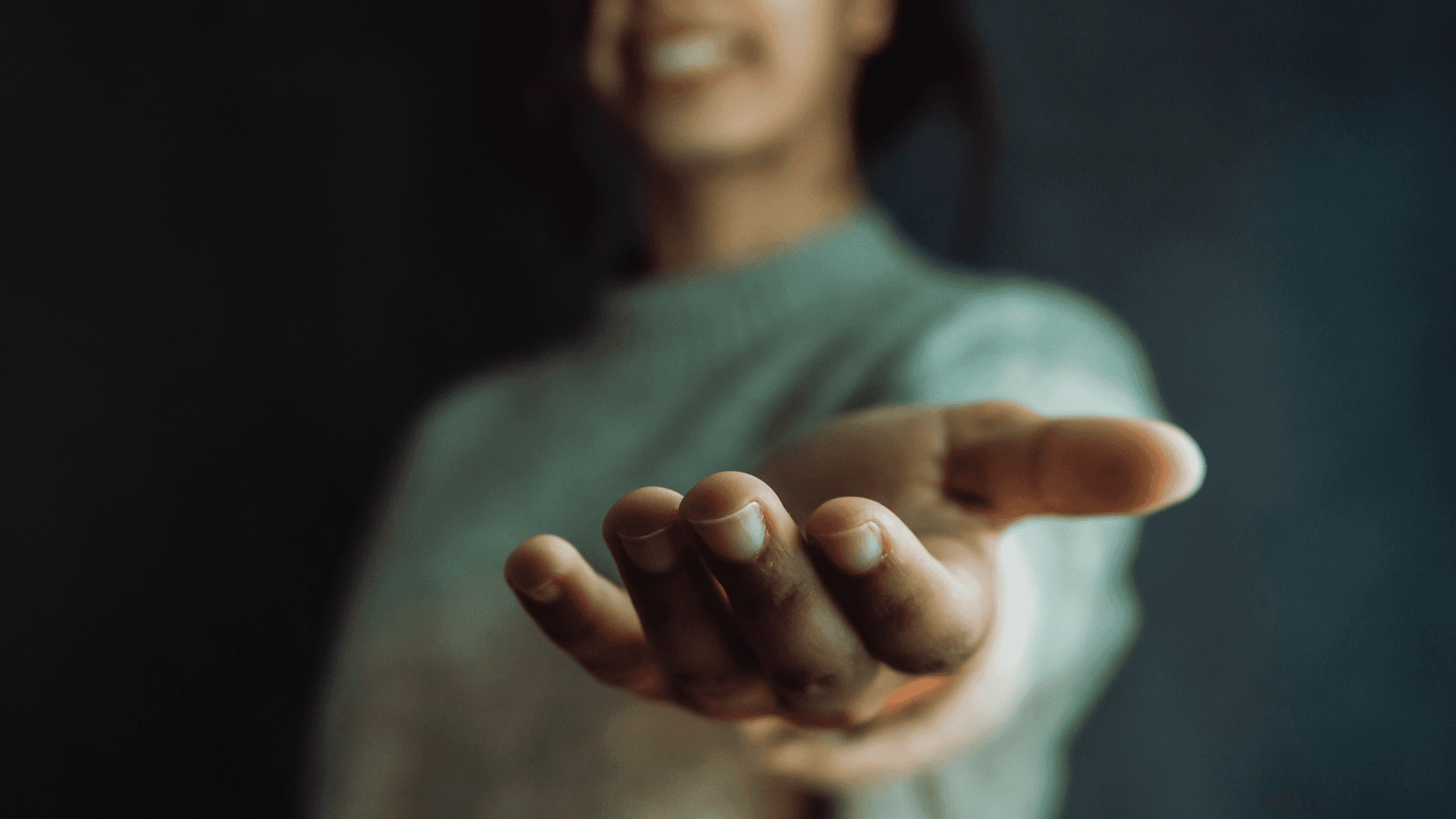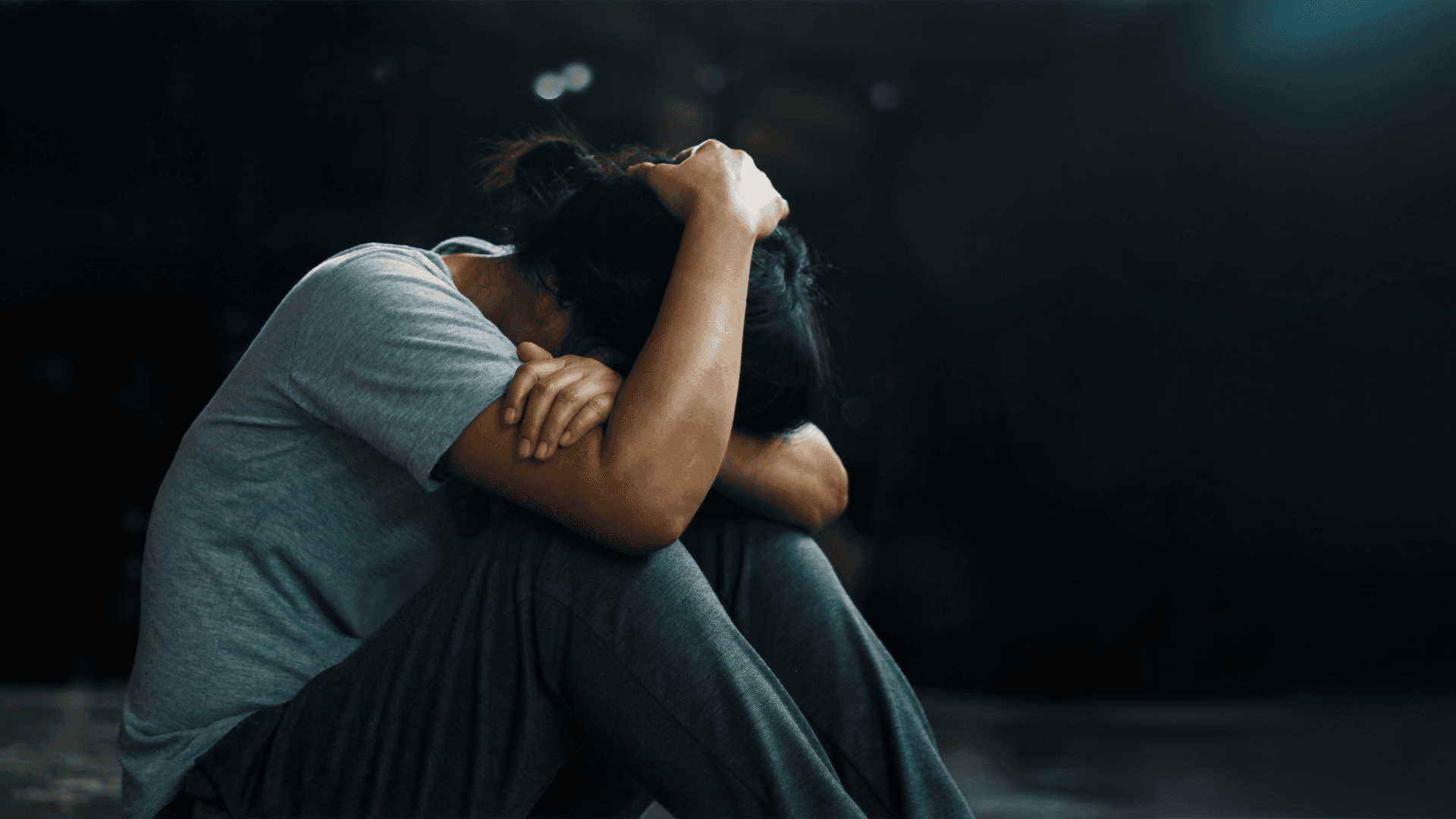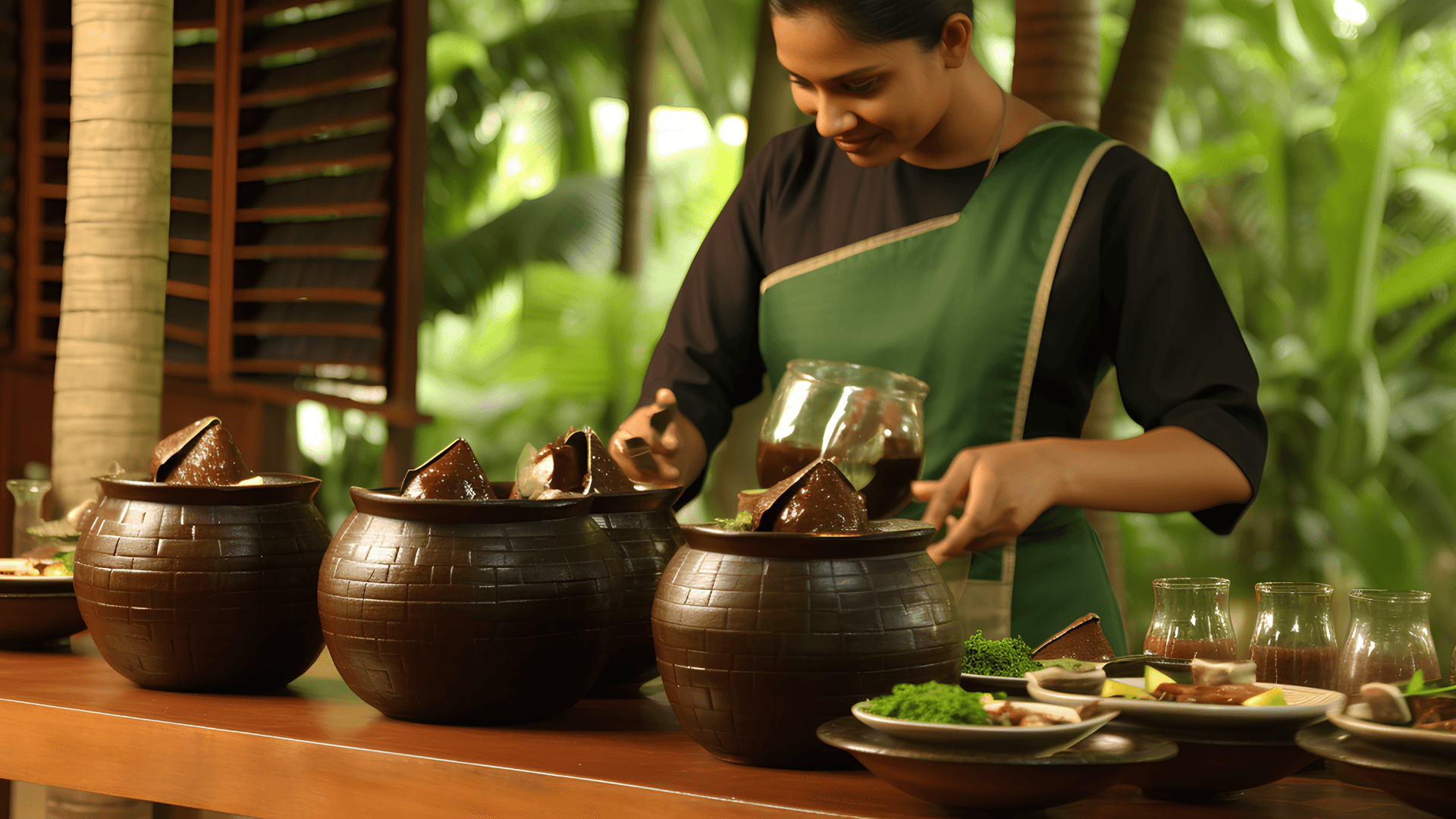Mental Health
Feb 13, 2024
This article delves into the complex interplay between these spheres, exploring both the potential benefits and potential drawbacks of religious and spiritual coping mechanisms in South Asia.
In South Asia, where cultural traditions run deep and spiritual practices are intertwined with daily life, the role of religion and spirituality in coping with mental illness is a complex and deeply ingrained aspect of society. For centuries, beliefs and rituals have played a significant role in shaping how individuals and communities perceive and manage mental health challenges. Understanding this intricate relationship offers valuable insights into the holistic approach to mental well-being in the region.
The Prevalence of Mental Illness in South Asia:
Mental health challenges are far more prevalent than commonly acknowledged in South Asia. The World Health Organization (WHO) estimates that nearly 150 million people in the region suffer from mental disorders, with depression and anxiety being the most common. However, due to stigma and lack of access to healthcare, many cases remain undiagnosed and untreated.
Religion and Spirituality as Coping Mechanisms:
In this context, religion and spirituality often become the first line of defense for individuals grappling with mental illness. This is due to several factors:
Accessibility and Familiarity: Religious institutions are often more accessible and affordable than professional mental health services, especially in rural areas. Familiar rituals and practices can offer comfort and a sense of community.
Shared Values and Beliefs: Religious and spiritual frameworks often provide meaning and purpose, which can be crucial for individuals struggling with feelings of hopelessness and isolation.
Cultural Norms: Seeking help from religious leaders or engaging in spiritual practices might be more culturally accepted than seeking professional therapy, which can be viewed with stigma.
Potential Benefits of Religious and Spiritual Coping:
Sense of Hope and Meaning: Religious beliefs can offer hope for a better future and a sense of purpose, which can be crucial for individuals struggling with depression and anxiety.
Community Support: Religious communities can provide social support and acceptance, reducing feelings of isolation and loneliness.
Rituals and Practices: Prayer, meditation, and other religious practices can offer structure, comfort, and a sense of control during challenging times.
Potential Drawbacks of Religious and Spiritual Coping:
Misdiagnosis and Neglect: Religious leaders may misdiagnose mental illness as spiritual problems, leading to delayed or inadequate treatment.
Guilt and Shame: Religious beliefs can sometimes contribute to feelings of guilt and shame, exacerbating mental health issues.
Exploitation and Abuse: Unfortunately, some religious leaders may exploit vulnerable individuals seeking help, causing further harm.
Examples from South Asia:
In India, Hinduism offers various practices like chanting mantras, performing puja (worship), and seeking blessings from priests, which many find helpful in coping with mental distress.
In Pakistan, Islamic traditions like reciting the Quran, participating in Sufi zikr (remembrance), and seeking guidance from imams are commonly used for mental well-being.
In Sri Lanka, Buddhist mindfulness practices like meditation and seeking guidance from monks are popular coping mechanisms.
It's important to acknowledge the fact that South Asians often rely heavily on religion for various aspects of life, including coping with mental illness. However, it's crucial to do so in a nuanced and sensitive way, avoiding generalizations and stereotypes.
Increased Reliance on Religion:
Compared to other regions, individuals in South Asia often demonstrate a greater tendency to rely on religion and spirituality as coping mechanisms for mental health challenges. This increased reliance stems from several factors:
Cultural Influence: Religion and spirituality are deeply embedded in the cultural fabric of South Asian societies, shaping values, beliefs, and daily practices. This makes them readily available and familiar sources of support.
Limited Access to Healthcare: Many South Asian countries face challenges in providing accessible and affordable mental health services, particularly in rural areas. As a result, religious institutions frequently become the default source of support for individuals experiencing mental distress.
Stigma and Misconceptions: Unfortunately, stigma surrounding mental illness remains prevalent in many South Asian communities. This can discourage individuals from seeking professional help and encourage them to turn to religious or spiritual solutions instead.
It's important to emphasize that:
Reliance on religion is not universal within South Asia and varies significantly across demographics, religious groups, and individual experiences.
While religious and spiritual practices can offer valuable support, they should not be seen as a replacement for professional mental health care when needed.
Promoting culturally sensitive and accessible mental health services alongside fostering respectful dialogue between religious leaders and mental health professionals is crucial for creating a holistic approach to supporting individuals dealing with mental illness in South Asia.
Integration of Traditional and Modern Approaches
In recent years, efforts have been made to integrate traditional healing practices with modern mental health interventions in South Asia. Mental health professionals recognize the importance of culturally sensitive approaches that acknowledge the role of religion and spirituality in the lives of their clients. Collaborative initiatives between religious leaders, community organizations, and mental health practitioners aim to promote holistic well-being while reducing stigma and improving access to care.
It's crucial to acknowledge the complex and multifaceted role of religion and spirituality in mental health within the South Asian context. While they can offer valuable support and comfort, relying solely on them may not be sufficient for addressing mental illness. A comprehensive approach that integrates traditional practices with professional mental health services is essential to ensure holistic well-being for individuals in the region.







